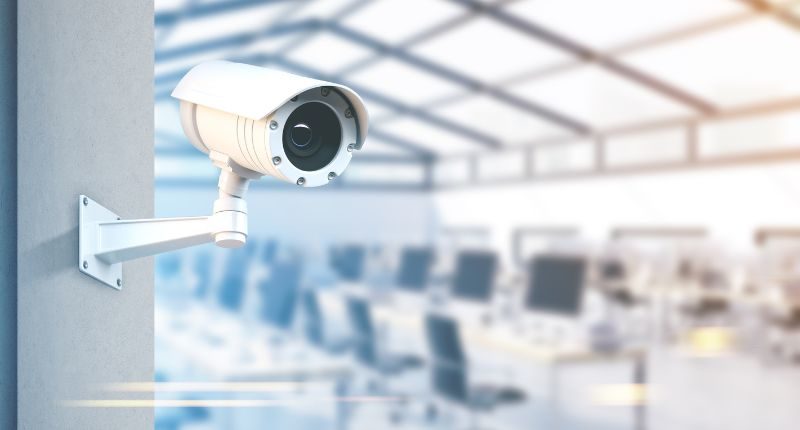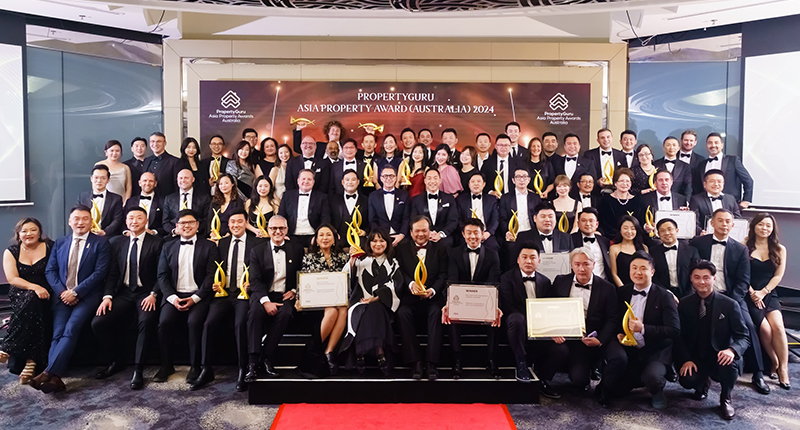
- New research finds that while over half of business leaders trust their employees, 80% are not opposed to using software to monitor their employees
- Citrix's Work Rebalanced Report suggests trust and technology will determine the success of hybrid work
- Workplace tech must keep pace with personal tech to achieve employee satisfaction, report says
New findings have emerged suggesting the while many Australian business leaders say they trust their employees, most are choosing to monitor their productivity.
Citrix’s recently released Work Rebalanced Report surveyed 900 business leaders and 1,800 knowledge workers globally to gain insight into the future of hybrid work.
The research indicated that technology will be a driving force behind business success, particularly as several generations intertwine, but that the temptation of employee surveillance could threaten workplace culture.
The report outlined key findings in three critical areas: trust and empathy, tech empowerment and a multi-generational workforce.
1. Trust and empathy
According to the report, the importance of empathetic, human-centred leadership has been thrust into the spotlight over the past two years.
As many businesses were forced into operating via a hybrid model, trust became central to effective working relationships.
Trust is a two-way street however, and business leaders must learn to trust their employees to be productive even when they can’t see them, while employees must have trust in their leaders to treat them fairly.
Martin Creighan, Managing Director of Citrix for Australia and New Zealand, indicated trust will be central to the future of work.
“Our research makes clear that trust and empathy will define business success in a hybrid world. That’s why it’s important to empower people through choice.”
Martin Creighan, Citrix
Trust between Australian workers remains steady, with 66% of leaders indicating they trust their employees while 67% of workers trust they will be fairly treated by their higher-ups.
80% of workers globally however, say trusting their employer to be transparent and honest, and treat them fairly and with respect, is important to them.
On a global scale, trust levels are highest amongst hybrid workers at 57%, while only 41% of office workers and 42% of remote workers trust their employer.
2. Tech Empowerment
The second element that will be critical to the success of hybrid working is technology, which has the ability to help effective work outcomes or harm culture and attitude.
The report contends that if harnessed correctly, technology has the potential to empower employees to produce their best work, also assisting in the upskilling of new or junior team members.
“With the correct technology, leaders can guide people through the processes, collaboration and the platforms to share new ideas,” said Mr Creighan.

Australian companies rank highest in the use of technology to positively impact their employees’ experience, and 78% of workers agree that technology has increased their productivity and satisfaction while working in a hybrid model.
Around the world, technology appears to be producing greater results for hybrid workers than strictly office workers. 68% of hybrid workers said technology enables them to work effectively, while this figure reduces to 60% of office workers.
However, the answer may lie less in about what technology employees have access to, and more in how much freedom they have to use it when and where they choose. 85% of hybrid employees said the exact same technology is available to them, no matter if they are working from home or the office.
“As we face a talent crisis, employers must embrace flexibility to enable employers to work when and where they feel they work best.”
Martin Creighan, Citrix
3. Multi-gen workforce
The third important factor to the future of work is the blending of multiple generations as younger employees bring higher technology expectations to the table.
“Generation Z will be the toughest audience to please, and to retain such young and emerging talent, it is important that business leaders are ensuring that hybrid tech meets their higher expectations and more demanding needs,” the report reads.
It seems employers are on track to getting it right though, with 68% of business leaders indicating that their technology enables new and junior employees to rapidly become competent and effective at work.
According to Citrix, work tech is keeping pace with personal tech, a position 64% of employees and 62% of business leaders agree with. Generationally however, 70% of millennials would say the same while only 56% of Generation Z and 63% of Generation X would agree.







